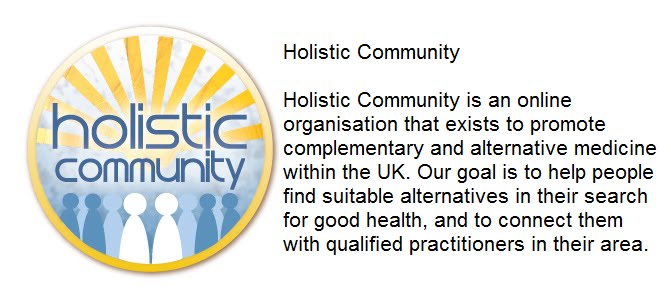Different people think of holistic therapy in completely different ways. I think this is partly down to personality, partly due to knowledge and experience, and partly because of hearsay and the opinions of friends (and the press). From my experience, a lot of people disregard holistic therapy as nonsense, the domain of the gullible and, ultimately, worthless.
Personally, I have always tried to remain open minded when coming across new things and, whilst still a believer in healthy skepticism, I try not to disregard areas that I don't have a lot of experience with. I think that, too often, people are inclined to draw a line in the sand in terms of their beliefs, largely to avoid the discomfort of indecision and insecurity. A belief system based on comfort rather than truth is, in my opinion, inherently flawed.
I do, however, believe people can be forgiven for being skeptical about holistic therapies. Western medicine has developed in such a precise and scientific way, and has achieved a status of exclusivity in the modern day UK. Western medicine is considered by many to be the only solution to poor health, and if Western medicine can't help you are on your own.
I think that this is an unfortunate situation, and one that I glad to see beginning to change. One of the main reasons for this is, I think, a dissolusionment with Western medicine itself. The failure of drugs and surgery to help with common modern day ailments (such as anxiety, depression, cancer and heart disease), has led people to look elsewhere for a solution. People are beginning to take a more proactive approach to their own health, and the internet is helping people to find information on alternative avenues to try.
This change in perspective has been happening for a number of years, and I think that momentum is begginning to grow. For example, if you asked a person five years ago what they thought about Reflexology you may have received a less than positive response. Ask the same person again today and there is a good chance that the response would be more positive (or at least less negative). More and more people now know someone who has tried holistic therapies, even if they have not done so themselves. Hearing about the positive experiences of firends and family helps reduce people's resistance to change, and make them more likely to consider using holistic therapies.
Sunday 9 November 2008
Subscribe to:
Posts (Atom)
